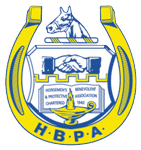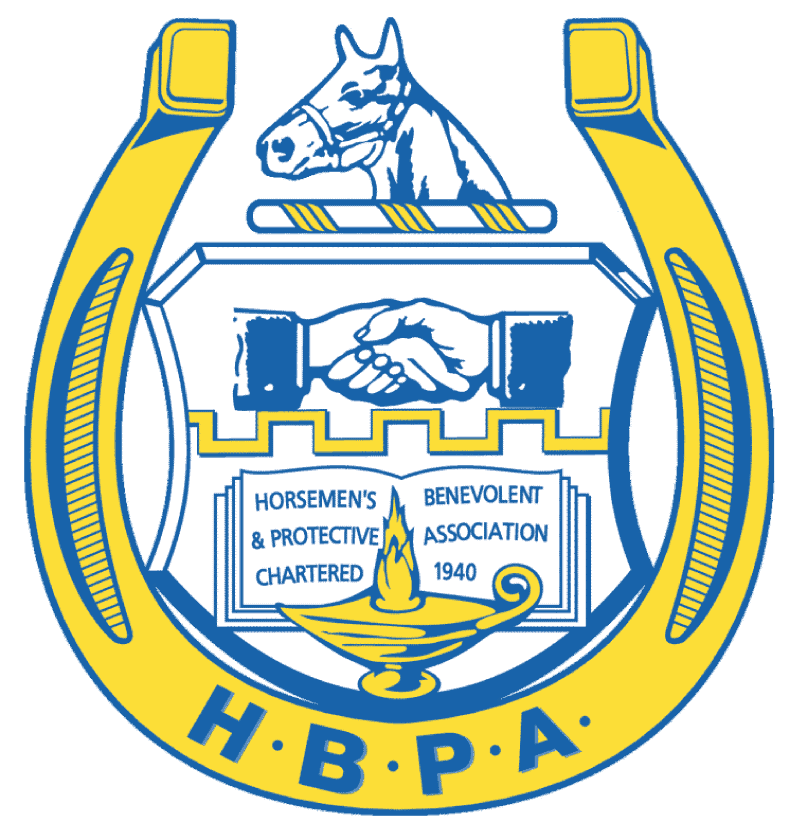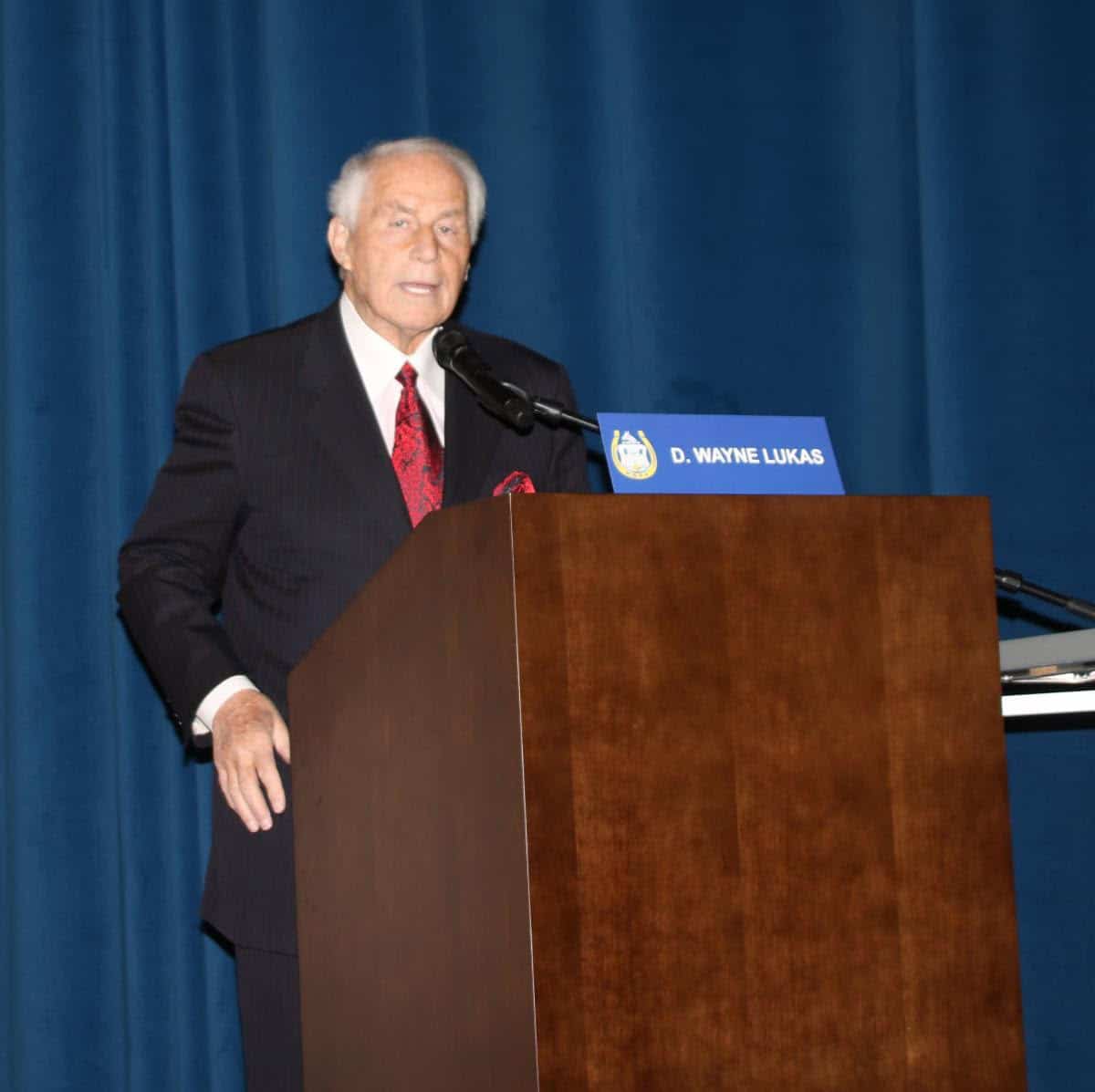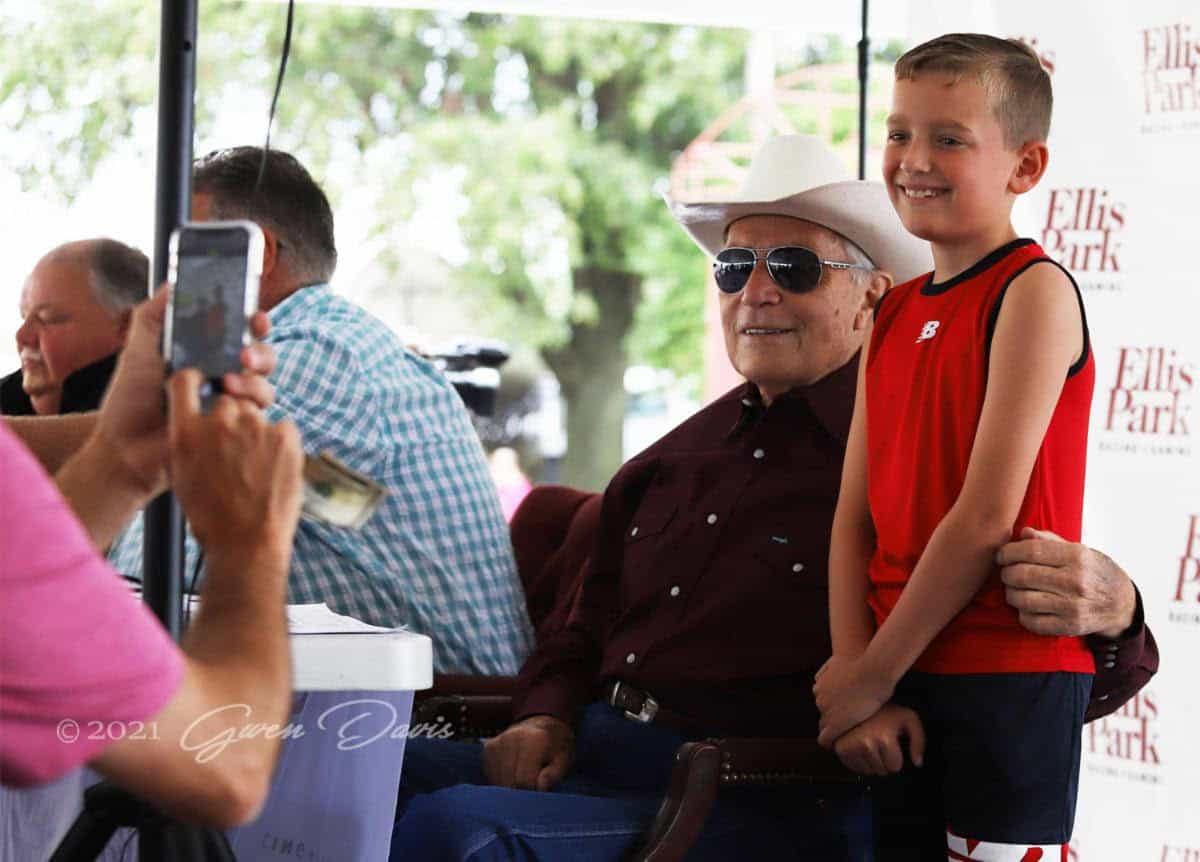NEB: Group wants to legalize casino gambling
Omaha.com
LINCOLN — A group pledging to keep gambling money in Nebraska and save the state’s ailing Thoroughbred horse racing industry has launched an effort to allow voters to legalize casino gaming at the state’s tracks.
A group called Keep the Money in Nebraska submitted proposed petition language to state officials earlier this week and hopes to begin seeking signatures in a couple of weeks.
Their initiative would allow “all games of chance and gaming devices” at the state’s five licensed tracks, as well as at a now-closed track in South Sioux City.
If the effort succeeds in gathering enough signatures, it would give Nebraska voters in 2016 their first chance in a decade to decide the issue of casino gambling via the ballot box.
“Our goal is to create economic development in Nebraska, create both direct and indirect jobs, and keep some of the money that’s been leaking to other states,” Lance Morgan, one of the principals of the group, said Thursday.
Morgan said the group has completed a survey that found that 58 percent of Nebraskans support expanded gambling.
“We don’t think we’re going to have any trouble getting signatures,” he said.
Morgan is chief executive officer of Ho-Chunk Inc., the economic development wing of the Winnebago Tribe of Nebraska.
Ho-Chunk, which owns the former Atokad Park racetrack in South Sioux City, is listed as a sponsor of the initiative, along with the Horsemen’s Benevolent & Protective Association, the state’s horse owners and trainers; and Omaha Exposition & Racing, the operators of simulcast racing facilities in Omaha and Lincoln.
Among those involved in the drive will be former State Sen. Scott Lautenbaugh of Omaha, who fought unsuccessfully to allow betting on previously run horse races to financially boost the state’s Thoroughbred tracks, which have seen a steady decline in live racing and wagering since the opening of casinos in Iowa.
The Legislature voted 30-17 to place the “historic horse racing” issue before voters. But it was crossed off the 2014 ballot by the Nebraska Supreme Court, which ruled that the matter violated a constitutional requirement that such ballot issues contain only one subject.
Proponents of expanded gambling have said that up to $400 million a year in Nebraska money is wagered at Iowa casinos, and that by legalizing such gambling in Nebraska, between $60 million and $120 million in new tax revenue could be generated.
“The important thing for a lot of people is to keep the money in Nebraska. If we can save an industry as significant as horse racing, so be it,” Lautenbaugh said.
A leading opponent of expanded gambling said Thursday that he’d heard rumors that a petition drive was coming.
State Sen. Beau McCoy of Omaha said that pro-gambling forces may have been emboldened by the recent success of a pro-death penalty group in collecting signatures of Nebraska voters.
“It’s my viewpoint that a large number of Nebraskans still don’t support casino gambling,” McCoy said. “Some may enjoy going to surrounding states to casinos as a recreational activity, but at the end of the day, they don’t want it in their home state.”
The Keep the Money in Nebraska group submitted three petitions to the State Secretary of State’s Office late Monday.
Two would change state statutes and one would amend the state constitution.
The state law changes would set up a regulatory commission to cover casino gambling and to impose a tax of 20 percent on gross gambling revenue, of which 75 percent would go to the state and 25 percent to the “local government entities” where the casino/racetrack is located.
The constitutional amendment would ask voters to allow “all forms of games of chance to be conducted with licensed horse racing in Nebraska.”
To put a proposed state law change on the ballot requires the signatures of at least 7 percent of the state’s registered voters, or about 79,700, be submitted and verified. A constitutional amendment requires signatures of 10 percent of voters, or about 113,900.
In both instances, signatures would be required from at least 5 percent of the registered voters from 38 of the state’s 93 counties.
The Keep the Money in Nebraska effort would have until July 2016 to collect the required signatures, and it has already hired a professional firm to do the work.
By contrast, the successful signature drive to place a referendum on the death penalty on the 2016 ballot faced a 90-day deadline, and more than 166,000 signatures were collected.
Morgan said that it will cost in the ballpark of $1 million to collect the signatures, and that all of the money is coming from Ho-Chunk and the Nebraska Thoroughbred groups.
He said the initiative was launched because working through the Legislature hasn’t been successful, and new Gov. Pete Ricketts is clearly opposed to expanded gambling.
The Keep the Money in Nebraska group is seeking to allow more than just betting on historic horse racing, he said, because if the group is going to the expense of conducting a signature drive, “you might as well put something on the ballot that will compete head-to-head with the Iowa casinos.”
The Winnebago Tribe has operated a casino on tribal land at Sloan, Iowa, since 1992. Ho-Chunk was an unsuccessful bidder in 2013 on a contract to operate a casino in Sioux City, Iowa, a contract that went to the Hard Rock Hotel & Casino.
A couple of weeks after that, Ho-Chunk announced plans to build a $30 million to $40 million casino complex at Atokad Park, which it had purchased in 2012, in the event casino gaming was legalized in Nebraska.
Morgan said it should be a simple matter of relicensing Atokad Park.
The state’s other licensed racetracks are Horsemen’s Park in Omaha, Lincoln Race Course in Lincoln, Fonner Park in Grand Island, Columbus Exposition and Racing in Columbus and Fairplay Park in Hastings.
Morgan called the initiative “conservative” and “limited” because casinos would be allowed only at licensed racetracks.
The last time Nebraska voters got a chance to vote on expanding gambling was in 2006, when three issues were on the ballot. Voters rejected two competing ballot issues to expand gambling but approved a proposal to levy a tax on casino gambling, which became moot because legalizing casino gambling was defeated.
Veteran Lincoln lobbyist Walt Radcliffe, who represents Ho-Chunk Inc., said the 2006 vote wasn’t representative of Nebraskans’ views on gambling because of confusion over the multiple issues.
“One cannot say with a straight face that it was truly an up-or-down vote on the issue,” Radcliffe said. He added that he believes voters are “more accepting” of expanding gambling.





